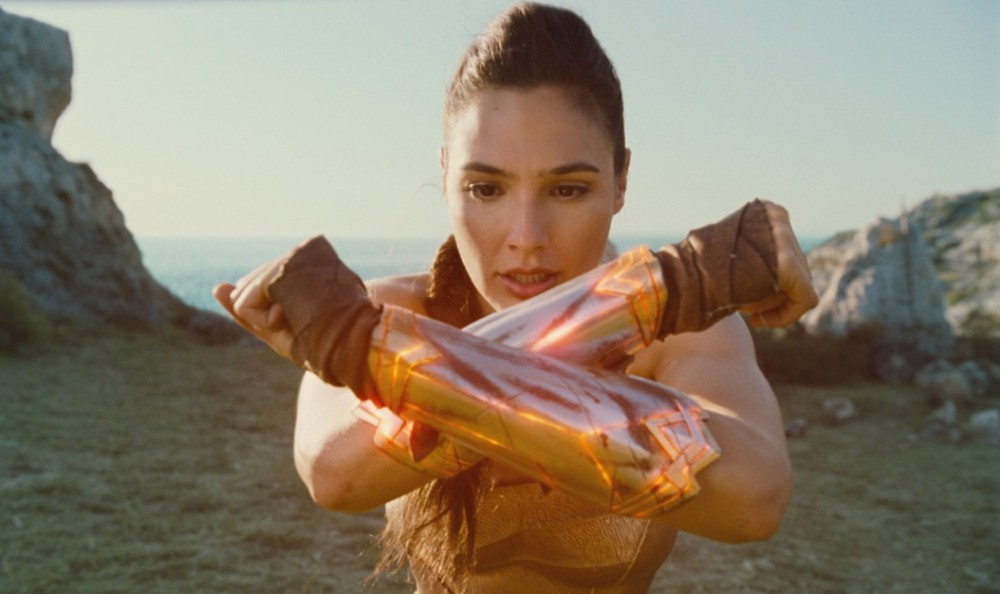Somebody please write The Gospel According to Wonder Woman
Don't let the naysayers have the last word. Gal Gadot's Diana is the embodiment of love and hope.

c. 2017 Religion News Service
(RNS) There is no shortage of books on popular culture and Christianity. From Harry Potter to Buffy the Vampire Slayer, authors have offered their insights on Christian faith through the lens of popular culture.
I hope to see “The Gospel According to Wonder Woman” on the shelves before Christmas.
Some will push back, of course.
No doubt the Greek (read: pagan) origins of Wonder Woman’s story will play a big part in their critique. The patriarchy will have its say. We will hear about “lesbianism” and other so-called sins buried in the substrata of the film’s story.
Some are already holding up Gal Gadot’s politics (the Israeli actress stars as Wonder Woman) as a means to undermine the success of the film. Hopefully, these naysayers will not have the last word.
Making meaning when we are moved by art is not simply laudable, it’s a necessary expression of our humanity. It is why we make art in the first place. It expresses the complexity of human existence. It evokes the complexity of human response. A turn to the religious considerations is only right.
So many people, especially women, have been deeply moved by the film. It is a masterfully wrought movie. Patty Jenkins knows her craft, and her incredible talent and skill are on display. The same can be said for the cast. There is simply no shortage of talent. And, just as importantly, there is no shortage of the positive representation of powerful women.
Gadot’s Diana matures right before our eyes. She is the embodiment of love and hope, a love that is a force in the world and a hope to be reckoned with.
The Amazons, too, are the embodiment of divine hope for humanity, protecting and interceding on behalf of humanity. Their exile is to protect them from “man.” Man seeks to destroy hope, whether he is aware of it or not, and unending war is the means of destruction. A man’s world is a misguided one where women and children fall victim to the horrors of violence.
This is one of the many reasons why the scene when Wonder Woman valiantly steps into No Man’s Land bent on the liberation of women and children in a neighboring village is so moving. Later in the film, Chris Pine’s character says it well: He might be able to save the day, but Wonder Woman can save the world.
Representation matters.
Representation matters not just on the screen. From the director to women-only screenings in places like Austin, Texas, this is a female space that is making waves and demonstrating not only that it is marketable, but also that it is a much-needed expression of our shared humanity.
Such a revelation should embarrass us, of course. And such a surprise is sadly telling of the nature of filmmaking and the overwhelming disparity between male representation in film and female representation.
When all our heroes are male, we need to stop and ask ourselves what we’re missing … what part of humanity is being silenced.
This is gospel that I see. On the screen we have a skillfully wrought story about a powerful woman, a divine force in the world, and all of the other women who helped fashion her. But off-screen we behold the gospel, the story of God-Made-Flesh in the talents, skills and passions of the women who made the film.
If there is a “Gospel According to Wonder Woman,” it is found in the lives of the creators, the moviemakers and the women in the audiences who are driving the financial success of the film. Their humanity as well as those they work with is on full, glorious, truthful display. This is what we should celebrate.





